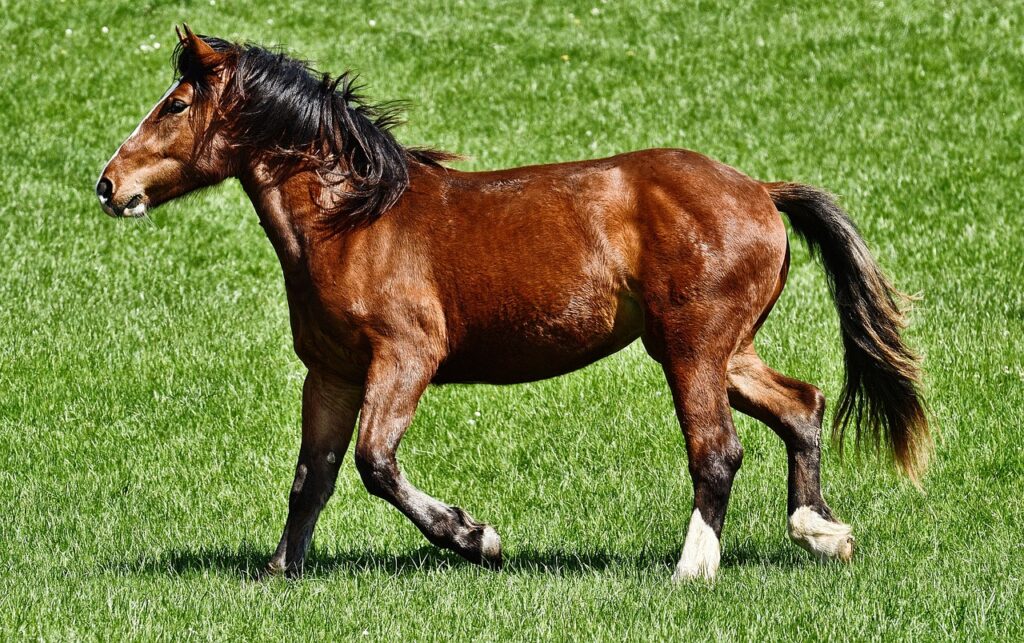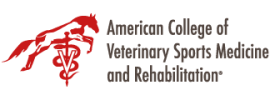The shift from summer to fall brings about noticeable changes in weather, feed, and daylight hours. These seasonal transitions can impact your horse’s health in Cave Creek and performance, making it essential to adapt your care routine. In this blog, we’ll delve into the seasonal changes that affect your equine friend and provide in-depth advice for preparing your horse for fall, including information on nutrition, exercise, and preventive care to keep them in optimal condition during the autumn months.
Seasonal Changes and Their Impact – Horse Care in Autumn
Fall’s arrival marks the beginning of a new set of challenges for horse owners. Let’s explore how these seasonal changes can affect your horse in Phoenix:
Nutritional Changes
In some parts of the world, as the lush summer pastures begin to wither and grass quality decreases, your horse’s diet requires careful consideration.The following nutritional changes may impact your equine companion:
Forage Quality
Where grass is available, it is typically less lush as we enter the cooler months. Monitor your horse’s body condition and adjust their diet accordingly. Consult with a veterinarian or equine nutritionist for tailored recommendations.
Supplements
To support your horse’s immune system, as feeds get less green, consider supplementing their diet with high quality natural vitamin E (d-alpha-tocopherol) which may be less plentiful during the cooler months. Green hays should still have adequate levels of vitamin E.
Hydration
Ensure that your horse has access to clean, fresh water. They may drink less when it’s cooler, so monitor their intake to prevent dehydration. You may consider keeping your horse on supplemental electrolytes even during the cooler months to encourage water intake.
Temperature Variations
Fall is a time of unpredictable temperature fluctuations. It’s essential to manage your horse’s exposure to these elements to safeguard their well-being:
Shelter
Horse care in Autumn includes providing shelter to protect your horse from the possible wind and rain. Adequate shelter helps prevent respiratory issues and hypothermia.
Blanketing
In case the temperatures drop significantly, consider using horse blankets. Ensure the blankets fit correctly and are checked regularly for any damage that could compromise their effectiveness or endanger your horse. If you blanket your horse in Arizona, be sure you still regularly feel their bodies to ensure adequate coverage of their ribs and other bony prominences as a longer haircoat can hide weight loss.
Exercise and Mental Stimulation when Preparing Your Horse for Fall
In Arizona, the cooler months are ideal for regular exercise with your horse. Get out there and enjoy our beautiful weather with your companion! In some parts of the world, where cold weather makes it tougher to achieve regular exercise, consider the following:
Indoor Exercise
If possible, maintain a consistent exercise routine, even if it means working in an indoor arena to avoid slippery outdoor conditions.
Mental Stimulation for Horses
Prevent boredom by engaging your horse in activities such as ground training, obstacle courses, or puzzle toys.
Hoof Care
The moisture levels in the ground may fluctuate during the fall, impacting your horse’s hooves. Pay close attention to hoof care:
Regular Cleaning
When preparing your horse for fall remember to clean your horse’s hooves in Scottsdale frequently to prevent mud buildup and the development of thrush.
Farrier Consultation
Consult your farrier to discuss any necessary adjustments to your horse’s trimming schedule based on their hoof condition.
Dental Check-ups
Proper dental alignment is crucial for your horse’s ability to process food efficiently. Schedule an equine dental check-up in Gilbert, AZ at least annually, to ensure that your horse’s dental health is in optimal condition. Your veterinarian is the best suited to address dental issues that may arise.

Parasite Control
Implement a deworming strategy based on fecal egg count tests. Keep your horse’s living environment in Queen Creek, Arizona clean, picking up manure regularly.
Vaccinations and Preventive Care
With fall’s arrival, it’s time to review your horse’s vaccination schedule and consult with your veterinarian for any necessary boosters or preventive care specific to your geographic area. Be sure that if you plan to horse show, that your horse is up to date on necessary vaccinations before traveling, at least two weeks before trailering. Determine the regional requirements for health certificates before traveling across state lines.
Monitor Respiratory Health
As your horse may spend more time stabled during the fall, keep a close eye on their respiratory health. Ensure good ventilation in barns to minimize dust and ammonia buildup, which can irritate your horse’s airways.
Speak with A Horse Care Specialist in AZ
Any seasonal changes require careful planning and adjustments in your horse’s care routine to ensure their continued health and optimal performance. By addressing the nutritional, shelter, exercise, and preventive care needs of your equine companion during this season, you can help them thrive. A holistic approach to fall horse care will keep your equine partner happy and healthy throughout the year, ensuring many seasons of companionship and excellence in performance. So use these tips to keep your horse safe and healthy as we move into the fall season. Happy riding!







